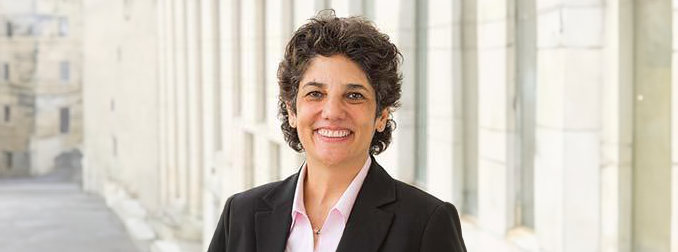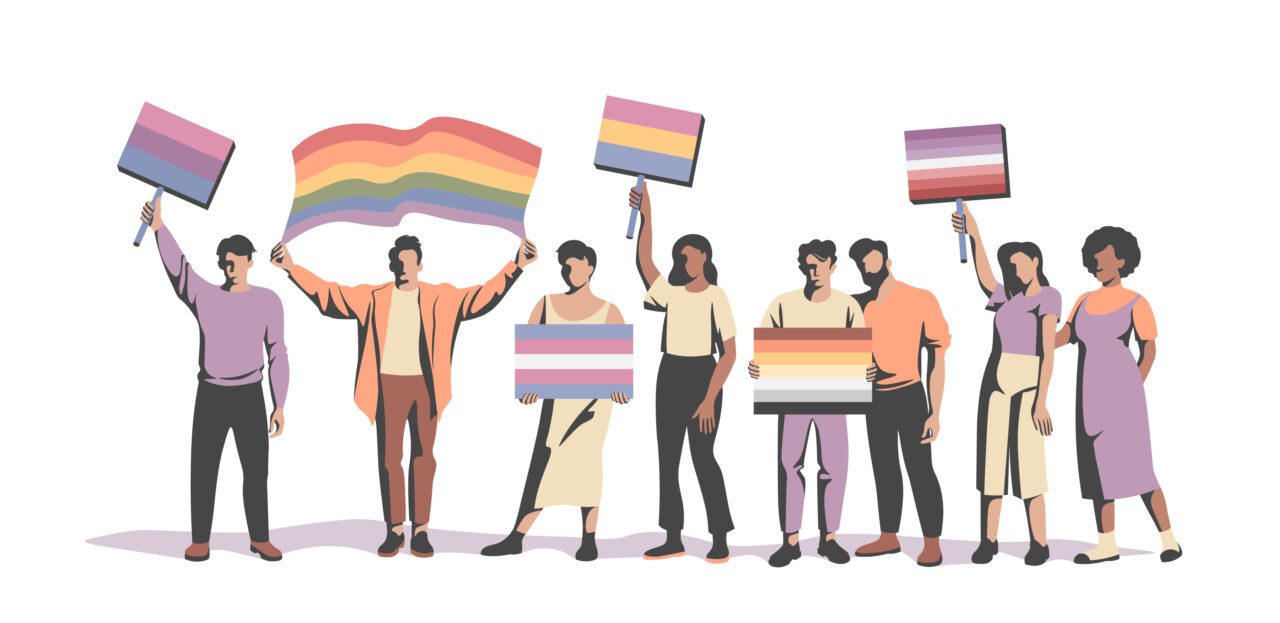How Lawyers Can Make Sure LGBTQ Clients Don’t Face Discrimination
1.20.2022
When working with LGBTQ clients, attorneys need to arm themselves, not only with the latest anti-discrimination laws and ethical codes, but with first-hand knowledge of their client’s legal goals and personal perspectives.
To avoid unnecessary courtroom confrontations, lawyers should learn their clients’ stance on relevant issues – such as the use of gender identity pronouns – before a case begins, several speakers at the opening panel of the LGBTQ Law Section Annual Meeting Program told viewers Wednesday.
The program “LGBTQ Lawyering: Representing Our Communities,” ran during the second day of the 2022 NYSBA Annual Meeting. The Hon. Lewis A. Silverman urged attorneys to talk with their clients about the individual’s goals if gender discrimination does emerge during a hearing. “You need to have a good conversation with your client beforehand. Some are interested only in the lawsuit at hand. Others are willing to make a public display…to raise a gender identity issue,” said Silverman, a judicial hearing officer in the Suffolk County District Court.
Silverman also suggested sending a letter, which defines the pronouns a client wants to be used, to the judge and other counsel to avoid a public confrontation. Attorneys need to be ready to handle a judge’s bias as not all judges are aware of the rules regarding gender identification. “Over the years, judges have been somewhat hostile to gender identity,” Silverman said. “Some can still be hostile.”
Attorneys can have a small folder on hand, filled with copies of ethical rules, to use during a bench conference with the judge and other counsel. Yet Silverman cautioned to avoid a public on-the-record confrontation that could alienate a judge.
Assessing which party in a courtroom is creating a problem might be necessary. Judicial rules, such as Sections 100.2 and 100.3 of the Rules of the Chief Administrative Judge (22 N.Y.C.R.R. Part 100), govern a judge’s activities and responsibilities regarding lawyers, staff and court officials. Yet while these rules encompass court personnel, judges at times can have little control over these officials and offensive language can be used repeatedly.
Erin Harrist, supervising attorney at the Legal Aid Society Law and Policy Unit in Brooklyn, said she has heard court officers use language such as “here comes the he/she case.” She agrees it is important to talk with a client – before a case begins – about how to handle gender discrimination in the courtroom. “The person might have family members in the courtroom,” said Harrist, explaining why a client doesn’t want to focus on offensive language. Speaking to court officers after a hearing can be helpful as can be appealing to administrative court officials for training for the offenders.
Harrist said lawyers must follow Rule 8.4 (g) of the New York State Rules of Professional Conduct, which governs misconduct in the practice of law. A lawyer or law firm cannot unlawfully discriminate in the practice of law because of numerous factors, including sexual orientation, gender identify or gender expression. The rule draws from the New York City and New York State anti-discrimination laws, also known as the human rights laws.
Respecting a client’s chosen gender identity for people who are detained in county jails or the Rikers Island jail is extremely important. Court and police paperwork can carry the birth gender identity and that can determine in which facility a client will be housed. “It can be an extremely dangerous situation,” Harrist added.
Sarah M. Telson, deputy director of legal services at the LGBTQ Anti-Violence Project in New York, urged lawyers to consider the practices and perspectives about the LGBTQ community that exist in their own law firms or organizations. The company website should create a welcoming atmosphere, such as inclusive language in the mission statement. Hiring practices, dress codes and clear procedures for dealing with improper language and gender slurs spoken in the office should be laid out. There should also be practical procedures for staff members changing their names.
Samuel W. Buchbauer, an attorney in the New York City law offices of David A. Caraway, served as moderator of the opening panel, “Representing LGBTQ Clients and Ethical Considerations.” He also laid out the red flags that trust and estate attorneys need to watch for when working with LGBTQ clients.
Clients need wills, for example, drafted with careful language to protect the rights of a client’s long-term partner if the couple is not married. Guardian plans for non-biological children need to be detailed. Beneficiary forms need to be updated with the names of current partners. Medical directives, health care proxies and living wills must be considered. “Wills can be contested by unsupportive family members,” said Buchbauer, adding that some family members can be “downright homophobic.”
Christopher R. Riano, chair of the state bar association’s LGBTQ Section, president of the Center for Civic Education and a lecturer in constitutional law and government at Columbia University, gave opening remarks before the start of the program, followed by Richard Saenz, senior attorney, criminal justice and police misconduct strategist, at Lambda Legal, in New York City.






